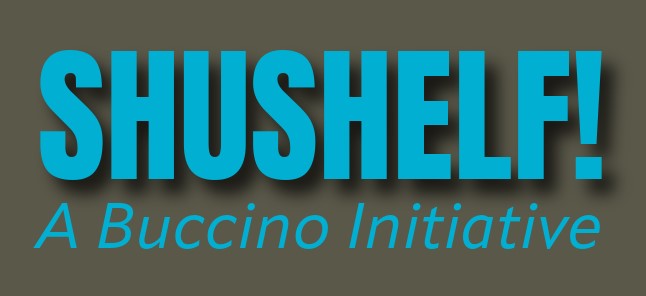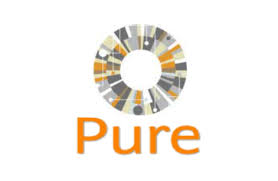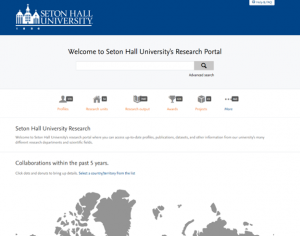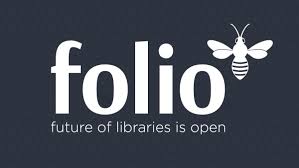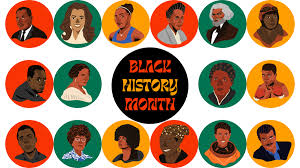Tired of Buying Expensive Textbooks? We’ve Got You Covered!
Ever find yourself buying a textbook for just one class, only to have it collect dust on your shelf forever? We get it. Textbooks are expensive, and sometimes you only need them for a semester. That’s why we created SHUShelf, a student-led, Buccino-supported initiative that makes textbooks more accessible for the entire Seton Hall community.
What is SHUShelf?
SHUShelf is a textbook exchange program designed to help students access the books they need—without breaking the bank. Whether you’re taking a CORE class, in the Honors Program, or any other specified course, we accept and exchange textbooks across all disciplines. Through student and alumni donations, we’ve built a growing collection of over 300 books (and counting!).
How It Works
Getting a textbook through SHUShelf is easy! Just fill out a simple form here with:
Your Name SHU ID Number The Book(s) You Need
If we have the textbook in our system, we’ll get it to you!
Additionally, we maintain a real-time inventory of available books to ensure a seamless experience. You can view the live list here.
Where to Find Us
Location: 2nd Floor, Walsh Library
Book Exchange: By Appointment
We operate at the beginning and end of each semester for open hours. During the semester, students can access drop boxes for book donations and schedule pick-ups by appointment.
Why SHUShelf?
Despite having no official marketing campaign or funding, we’ve already made a big impact:
300+ books available 25+ students directly helped so far Official partnership with Walsh Library
Join the Movement
SHUShelf isn’t just about books—it’s about students helping students. By donating, exchanging, or spreading the word, you’re making academic resources more accessible for your peers. Whether you need a textbook or want to give one a new home, SHUShelf is here for you.
Looking for a textbook or interested in donating one?
Visit us at Walsh Library or contact our founding members for more information:
Adreanna Dones – adreanna.dones@student.shu.edu Samantha Gizzi – samantha.gizzi@student.shu.edu Edward Vela – edward.vela@student.shu.edu

